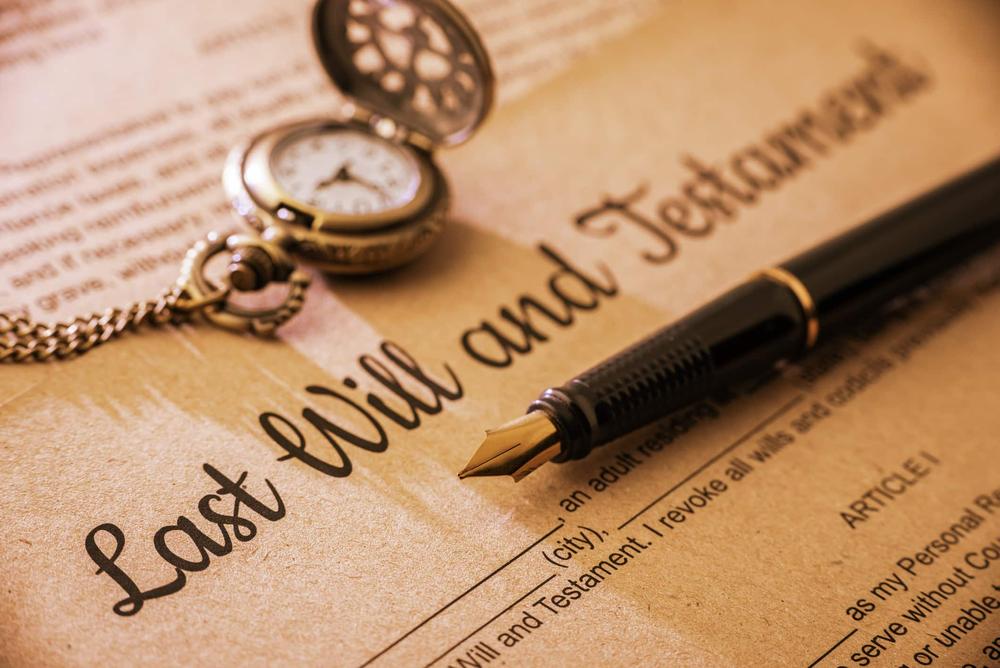Clients come to us intent upon establishing an estate plan for a variety of reasons. One of the most common refrains we hear from clients is that they are motivated to act so that they do not leave a mess for their heirs to deal with. Many clients know from past experiences with friends and family how challenging settling an estate can be without a prior plan in place. However, what few people consider is that in preventing these challenges, establishing an estate plan is only part of the solution. Here, we will consider the options clients have to store their documents, and some of the potential pitfalls that may be associated with those.
An estate plan is only useful to your successor trustees and personal representatives if it is utilized. This is a critical point that clients need to consider. If no one can find your estate plan, then it cannot be put into action. Thus, it is imperative that you seriously consider how you store your estate plan once you have it in your possession.
Every client’s personal circumstances are different, so there is no true one size fits all solution to the issue of where to keep an estate plan. A key question you must ask yourself is how comfortable you feel with others knowing that you have a plan in place. If this is not a hurdle for you, then it might be wise to inform your successor trustee or personal representative that you created a plan, as well as where you store it. How much detail you share about the plan is at your discretion.
Informing a child or trusted confidant that an estate plan exists puts them on notice to search for it upon your passing, but there stills remains the matter of where they need to look. Many clients consider a bank deposit box as the ideal place to keep estate planning documents due to the safety it affords. However, this can create serious issues if no one else has been given access to the lock box prior to your death. An estate plan is not of much help if it is locked away where no one can get to it.
Although arguably less secure, a somewhat less problematic place to store your estate plan is in the home. Utilization of an in-home safe or fire-proof box still provides a degree of protection, but keeps the plan in a much more accessible location.
An added benefit of keeping your plan in a secure location inside your home is that your documents are much more likely to be found, even if you did not tell anyone about them prior to your passing. When a loved one passes, it is common sense to most that the deceased’s home (and particularly the places inside the home that documents are kept) should be searched for any sort of estate planning documents. However, this same logic does not necessarily extend to locations outside of the home, such as a bank safety deposit box.
Depending on your circumstances, there are a number of locations where you might reasonably store your estate planning documents. In making this decision, factors to consider include comfort informing others that you have an estate plan and ease of access to the documents once you have passed. The attorney that works with you to create your plan can be a valuable resource in helping to determine what solution makes the most sense for your individual situation. Further, your attorney can keep on file a copy of your documents, so that there is a back up copy in case something happens to the documents in your possession.
Building a relationship with a trusted Michigan Estate Planning attorney is the first step towards achieving your estate planning goals and gaining the peace of mind that your planning has been properly done. Need help getting started? Consult with a Michigan estate planning lawyer today.
© Copyrights 2022. Rutkowski Law Firm: Our Asset Protection & Estate Planning Law Firm Office in Bloomfield Hills, MI. All Rights Reserved.
The information you obtain at this site is not, nor is it intended to be, legal advice. You should consult an attorney for advice regarding your individual situation. Contacting us does not create an attorney-client relationship.